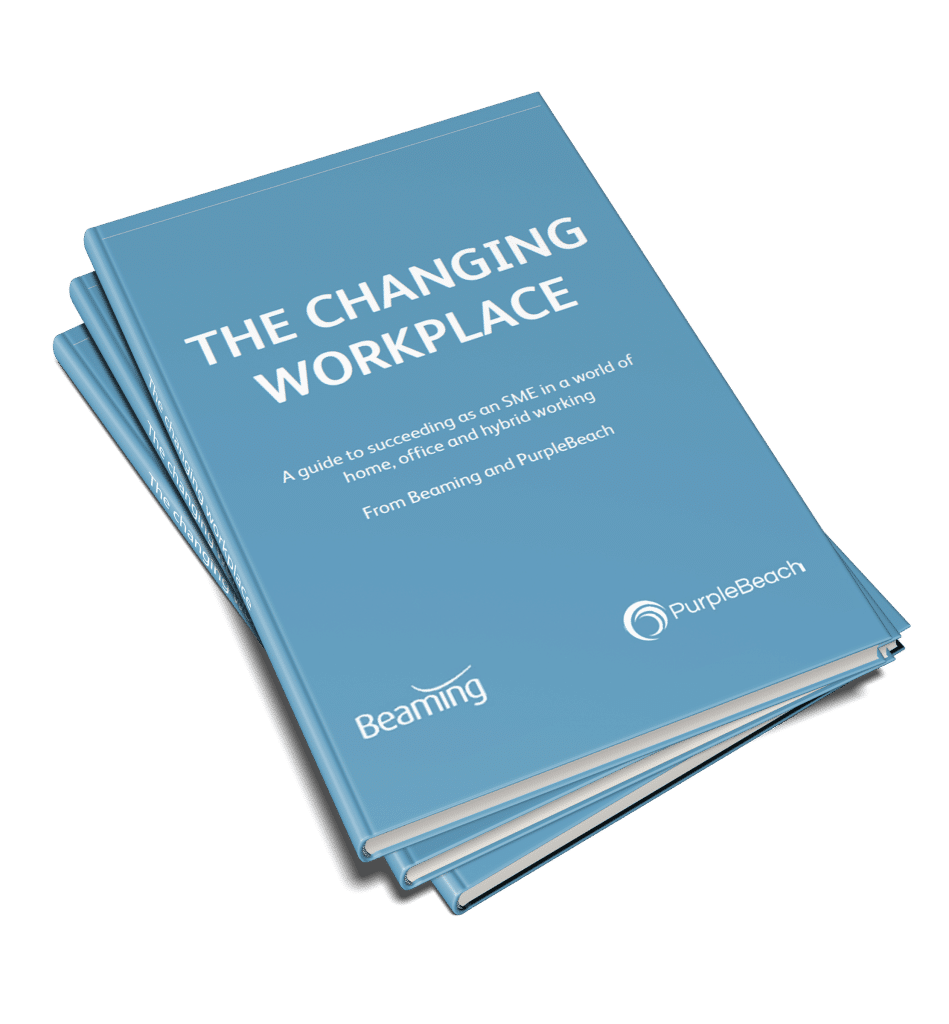Working From Home Security Advice
Following on from the press release from INTERPOL on August 4th with the eye-catching statement above and the additional warning that rapidly deployed remote systems to allow staff to work from home are being exploited, here are a few things to consider if you are a home worker:
#1: Be wary of links in emails
And at the moment this applies especially to those pertaining to give you information about Covid-19, even if they appear to come from a known authority. Similar domain names are being registered by criminals to fool us into thinking these emails are genuine and they are attempting to cash in on the anxiety and desire for news created by the health crisis by infecting your IT infrastructure.
#2: Make a call
If you receive an email from your boss or your boss’s boss asking for your discretion and asking you to reply urgently as there is something they need to discuss with you, call them. Do not hold the conversation on email as this might very well be the beginning of an attempt to socially engineer.
#3: Keep login details safe
Phishing for your log in details has not gone away and although you might spot the email requesting you to log into an application you don’t use (for example Dropbox), being asked to log into Microsoft 365 may sound convincing as cloud platforms become more common. To protect yourself, do not click through links in emails but go directly to the browser to update any passwords and use two factor authentication as a second layer of security.
#4: Trust your instincts
If something, no matter how small, feels wrong, then it probably is. If in doubt use another means to check the facts. If you have a phone call from a supplier and something niggles, call them on their usual number, regardless of whether they have told you that due to Covid-19 their contact details have changed. Make an effort to query every ad hoc financial transaction requested of you, no matter the sense of urgency conveyed. However busy you are, you could save time and money in the longer term by pausing to check things.
#5: Do not respond to targeted threats
Whether it’s blackmail for something you have done online or being cut off due to an unpaid bill; seek help from your IT support. Your IT support are the only people who would contact you about a virus or a problem with your license, so ignore any unsolicited communication even if they claim to be from a large company. Chilling though these attempts can be, they are another version of spam and should be treated as such.
#6: Free is never free
In fact it could end up costing you an awful lot. Free offers, free upgrades, free promotional devices to connect to your computer should be considered suspect. This is one very good reason for you to use company devices and an internet connection supplied by the company you work for. Using your home broadband connection and shared equipment will be higher risk, as other members of the family may not have the will power – nor the company data security training – you have which allows you to resist the enticement, especially when it looks so harmless.
Beaming is a company which specialises in secure remote working. Our customers benefit from our tailored managed services, rock solid connectivity and reliable support, as much now as they did during lockdown, and they continue to rely on us to advise them as the situation changes. If you wish to improve your current arrangements for remote working, please call 0800 082 2868 or drop us a line at sales@beaming.biz.
Free guide to happy, healthy, engaged remote working
How we’ve helped with secure remote working

- Broadband
- Remote Working
The Adastral Group
With one eye always on the future, the Adastral Group knew there was likely to be a move towards the virtual delivery of training, but they couldn’t have predicted quite how quickly this would happen.

- Remote Working
- Broadband
PR Artistry
PR Artistry is a PR and content creation company. Since 2017 everyone at PRA has worked remotely therefore a central point for the company’s connectivity & communication is essential.

- Broadband
- Remote Working
The Adastral Group
With one eye always on the future, the Adastral Group knew there was likely to be a move towards the virtual delivery of training, but they couldn’t have predicted quite how quickly this would happen.

- Remote Working
- Broadband
PR Artistry
PR Artistry is a PR and content creation company. Since 2017 everyone at PRA has worked remotely therefore a central point for the company’s connectivity & communication is essential.

